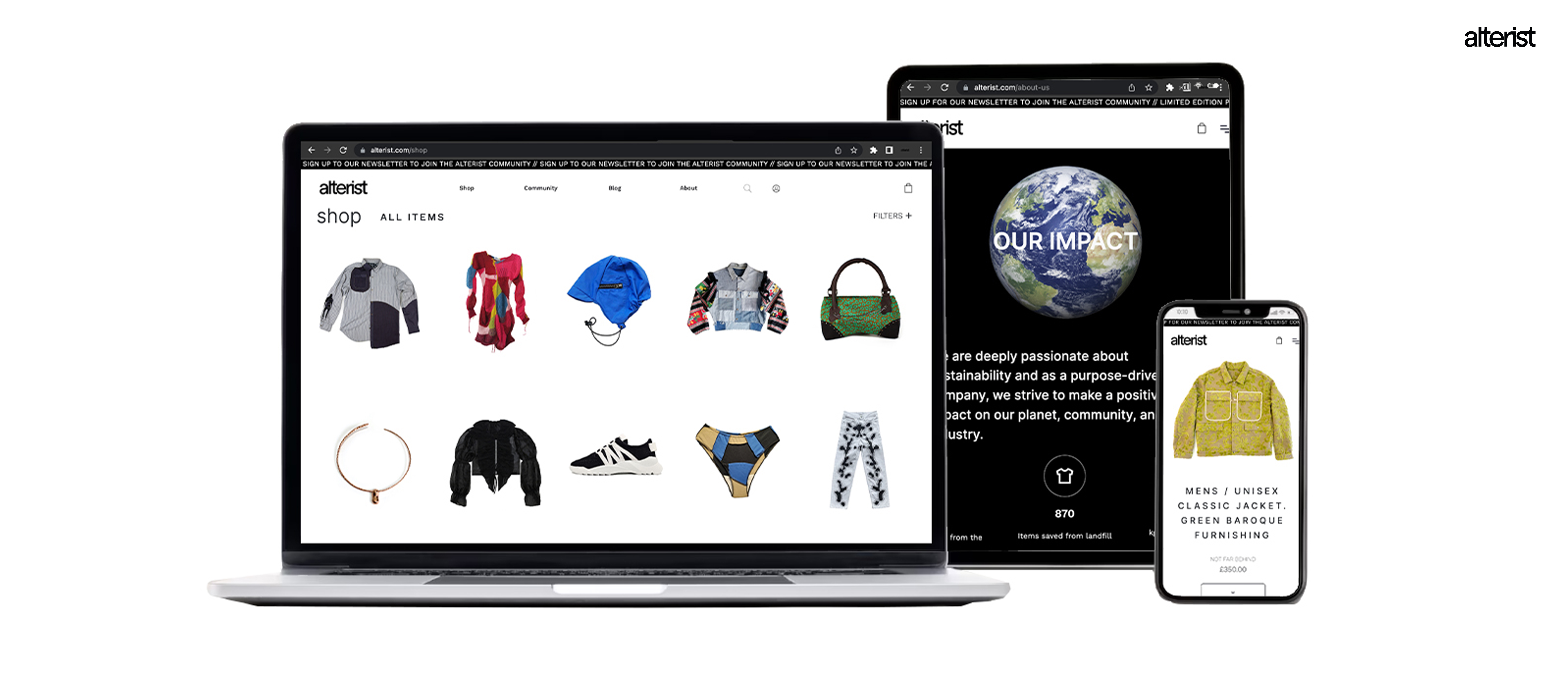
5 Reasons Why the Upcycled Fashion Marketplace is the Future of Fashion
Consumers are becoming more conscious and critical of fast fashion than ever before, leading to a growing demand for sustainable and ethical alternatives. One compelling solution that's gaining momentum is the upcycled fashion marketplace.
Upcycling takes discarded or unused materials and creatively transforms them into new, stylish garments. This innovative approach not only reduces waste but also provides unique and individualized pieces.
In this article, we will delve into five convincing reasons why the upcycled fashion marketplace represents the future of fashion.
1. Environmental Sustainability
The traditional fashion industry is notorious for its detrimental effects on the environment. From excessive water consumption to toxic chemical usage and massive textile waste, the industry is a significant contributor to pollution and resource depletion. However, upcycling presents a solution to these problems. By repurposing and breathing new life into existing materials, upcycled fashion reduces the need for new production, ultimately minimising the industry's carbon footprint. Embracing upcycled fashion means embracing a more sustainable and eco-friendly future.
2. Reducing Textile Waste
Every year, millions of tons of textiles end up in landfills, contributing to the global waste crisis. Upcycling provides an opportunity to divert these materials from the landfill and extend their lifecycle. By transforming discarded textiles into fashionable and unique garments, upcycled fashion reduces waste and promotes a circular economy. It encourages us to rethink our relationship with clothing, viewing it as a valuable resource that can be reused and repurposed rather than disposed of after a few uses.
3. Promoting Individuality and Uniqueness
One of the most significant advantages of upcycled fashion is its ability to offer one-of-a-kind pieces. Instead of mass-produced items found in traditional fashion retail, upcycled fashion celebrates individuality and uniqueness. Each upcycled garment carries a story, combining elements from various sources and showcasing the creativity of the designer. By wearing upcycled fashion, individuals can express their personal style while supporting sustainable practices.
4. Supporting Ethical Practices
The upcycled fashion marketplace is inherently aligned with ethical practices. It encourages consumers to move away from fast fashion, which often relies on exploitative labour conditions and substandard wages. Upcycling empowers local artisans, designers, and craftspeople who take part in the creative process. By supporting the upcycled fashion movement, consumers can contribute to the growth of a more ethical and fair fashion industry.
5. Fostering Innovation and Design Creativity
Upcycled fashion challenges designers to think outside the box and push the boundaries of creativity. It requires resourcefulness and the ability to reimagine materials in new and exciting ways. This approach fosters innovation and opens up opportunities for collaboration between designers, artists, and communities. The upcycled fashion marketplace encourages experimentation, resulting in stunning and imaginative creations that redefine what is possible in the world of fashion.
Written By Onikepo Abudu
14th August 2023